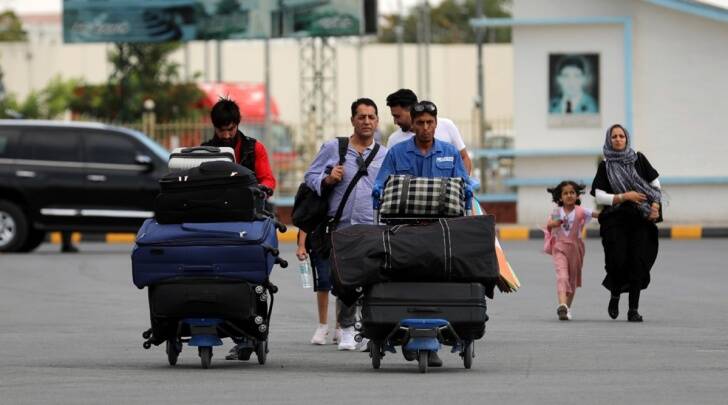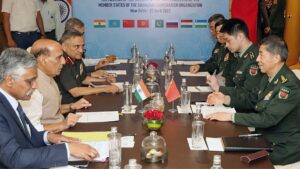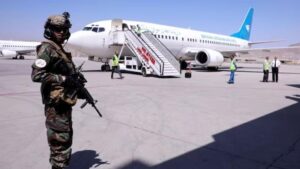An Expert Explains | Afghanistan crisis: What Kabul means in Delhi

An Expert Explains | Afghanistan crisis: What Kabul means in Delhi
With the Taliban entering the remote district of Kabul Sunday and issued an official statement that they did not intend to hunt for them with the Government of the Islamic Republic while awaiting the completion of the ‘transition process’, and amid parallel reports of efforts to form a transitional or temporary government for 6 months, the wheel has been Coming full circle at post-9/11 ‘US war in terror in Afghanistan since 2001 and experiments the state with the Islamic Republic in 2004.
The first report from Kabul described the apocalypse tension and fear, but there was no serious violent outbreak in the city. Direct challenges are a massive humanitarian crisis because of hundreds of thousands of internal refugees that have left other war zones and take refuge on the sidewalk and park in Kabul. The second is panic and in a hurry for passports and visas for those who fear their lives from the Taliban or their sponsors. India must facilitate emergency visas and evacuates those close to India that will be under threat. Outbreaks of violence and political abuse must be anticipated. The biggest loser in the transition will be a woman and youth of Afghanistan who tasted political, civil, economic and human rights, and media freedom.
Three questions drove the top in the minds of observers in India. First, what includes close capitulation of 300,000-350,000 US and NATO trained and equipped with Afghan troops and police forces, Andsf, without much fighting restrictions on some of the honorable exceptions in Lashkargah, Hereqan, against a mild armed rebel is estimated to be around 60,000? Secondly, what can explain the US decision to withdraw its troops unconditionally without waiting for the political settlement negotiated regardless of the consequences that are almost completely predictable than the speed that occurs? And third, what can explain Indian reluctance to involve the Taliban and what can it do?





